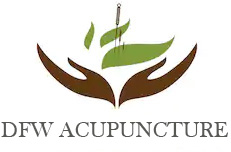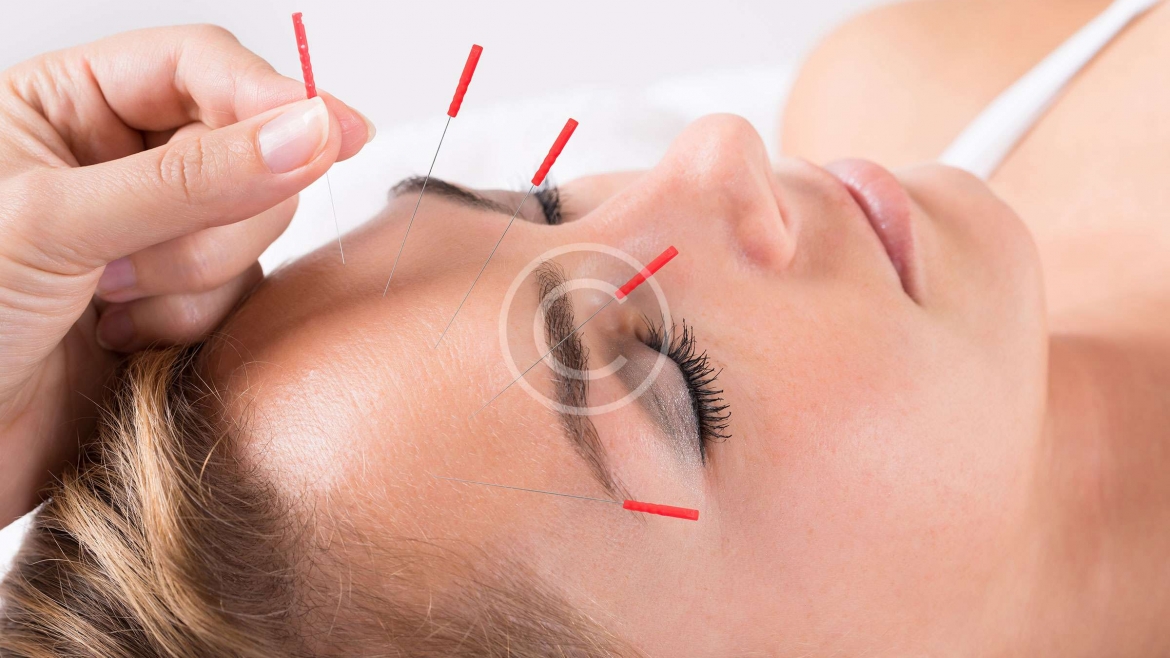Back Pain
How does acupuncture help with back pain?
But, there are a few ways by which acupuncture is thought to work for back pain: Stimulates nervous system. Trigger points stimulated by acupuncture could release chemicals from the spinal cord, muscles, and brain. Some of these could be naturally pain-relieving.
Endocrine system disorders change to Chronic Ailments
Chinese Medical View
Studies have shown that Chinese Medicine can reduce the craving for cigarettes and other addictive substances and the World Health Organisation has agreed that Acupuncture has a therapeutic effect on dependence of tobacco, alcohol, cocaine, heroin and opium*.
According to CM theory, Chinese Medicine treats the withdrawal symptoms caused by addictions and reduces the cravings. Our patients after treatment often report a dislike for the smell of tobacco and any craving stops when they press ear points with herbal seeds on (this is called ear acupuncture where either herbal seeds or metal studs are plastered on to certain points on the ears).
Acupuncture and Herbs are used according to Chinese Medicine theory to stimulate detoxification, promote a heightened sense of relaxation, encourage endorphin production in order to overcome addiction, help the body cope with stress, improve circulation and promote mental wellbeing.
The length of treatment depends on the patient’s response and on the severity and duration of the addiction. Drug addiction has also been shown to benefit from Chinese medical treatment.
Treatment for addiction can be effective only if the patient is determined to change.
Please note that although we are confident in our treatments, we cannot guarantee a cessation of addiction as the needs and difficulties of each patient can differ greatly.
Q and A
- What is acupuncture?: A: Acupuncture is a type of traditional Chinese medicine that’s been around for about 2,500 years. It’s used to help heal illness and improve well-being. This is done by placing needles into specific points on the skin to help activate an energy in the body, called qi (pronounced chee) and also known as chi. According to traditional Chinese medicine, qi is the lifeforce energy in the body — it helps regulate and move things in the body to keep us well.
- What can you expect in an acupuncture session?: The acupuncturist will ask about your medical history and symptoms. They’ll also do an exam — similar to what you’d experience in a doctor visit. In addition, they may look at your tongue. This is a way for them to find any imbalances in your body. Based on the exam, they’ll select the appropriate points to insert needles. They’ll typically treat what’s bothering you, plus any other underlying conditions that may be connected. You’ll lie down or sit on a table, and the acupuncturist will put needles into various points on your body, called meridians. These are energy channels in the body. Through thousands of years of learning, traditional Chinese medicine has compiled very complete and complex systems of meridians. The acupuncturist puts needles into those meridians to help regulate and move the body back to homeostasis, or wellness. Typically, sessions may go for 20 to 30 minutes depending on your treatment. The acupuncturist will usually dim the lights and put on quiet music to help you relax. They’ll come in and check on you throughout your session to make sure you’re comfortable. Some patients actually fall asleep during the treatment. Q: Does acupuncture hurt?A: You might be more sensitive in certain areas, but it shouldn’t hurt. Acupuncture needles are usually not painful on areas of thicker skin and muscles. For example, your belly and back are less sensitive. Certain points like your hands and feet might be more sensitive. If you feel pain, tell your acupuncturist. They’ll adjust the needles or choose other points. Their goal is not to make you feel pain. They do a lot of work to position you properly and make sure you feel comfortable.
How Acupuncture Works
Acupuncture is done using hair-thin needles. Most people report feeling minimal pain as the needle is inserted. The needle is inserted to a point that produces a sensation of pressure or ache.
Needles may be heated during the treatment or mild electric current may be applied to them. Stress, environmental factors, lifestyle behaviors, and genetics are some of the things that can block qi in the body. Acupuncturists use needles to unblock or move qi to other areas in the body to help you heal..


